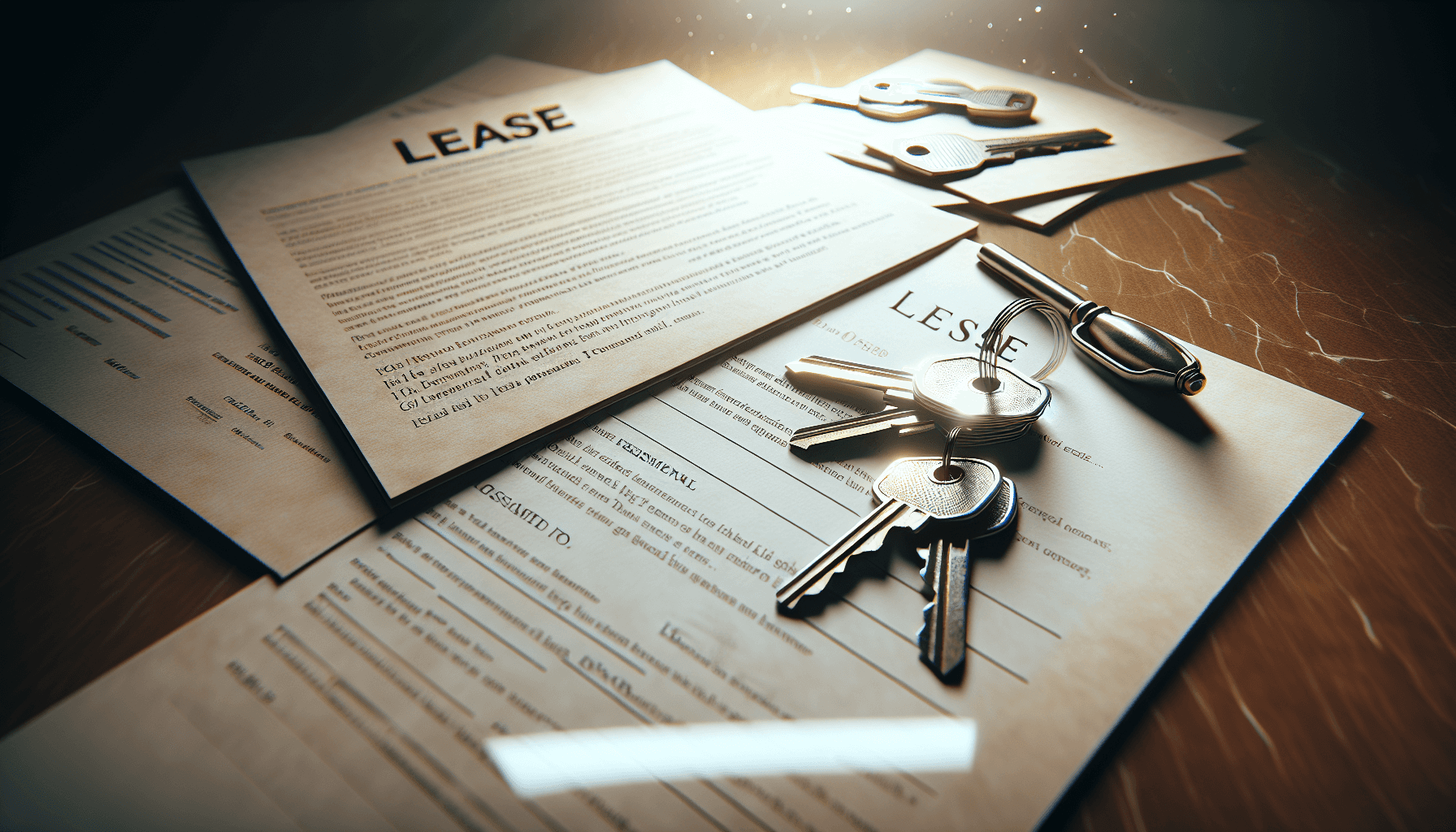What is a Fixed Lease in Commercial Real Estate Rentals?
I've noticed many business owners get confused about different types of commercial leases. Fixed leases stand out as one of the most straightforward options in commercial real estate. These rental agreements create clear expectations between property owners and tenants, making them popular for businesses that want predictable expenses.
Fixed Lease: A fixed lease is a rental agreement where the tenant pays the same amount each period while the landlord covers most operating costs like property taxes, insurance, and maintenance. This type of lease, sometimes called a gross lease, simplifies budgeting for tenants since their rental payment remains constant throughout the lease term.
Core Components of a Fixed Lease
The monthly rent structure forms the foundation of a fixed lease. You'll pay the same amount each month throughout your lease term, which typically runs anywhere from one to five years. This fixed payment usually covers most operating expenses, including property taxes, building insurance, and general maintenance.
Property owners take on significant responsibilities under this arrangement. They handle:
Property tax payments
Building insurance premiums
Major repairs and maintenance
Most utility costs
As a tenant, your obligations remain simple:
Make monthly rent payments on time
Follow property usage guidelines
Handle minor internal maintenance
Benefits and Drawbacks
Fixed leases offer clear advantages for tenants. You won't face surprise cost increases during your lease term, making financial planning easier. Your accounting stays simple since you're dealing with one consistent payment rather than multiple variable expenses.
Property owners benefit from steady, reliable income streams and maintain control over building maintenance standards. They can often charge higher base rents to offset their increased responsibility for operating costs.
However, these leases aren't perfect. Landlords risk losing money if operating costs rise unexpectedly. Both parties sacrifice some flexibility, and base rents tend to run higher than other lease types to compensate for the landlord's risk.
Fixed Lease vs. Other Commercial Lease Types
Fixed leases differ significantly from net leases, where tenants pay operating expenses separately from rent. Unlike percentage leases, which include a portion of your business revenue, fixed leases keep your payments consistent regardless of your sales performance.
Modified gross leases split the difference - they might include some operating expenses while passing others through to tenants. Fixed leases simplify this by wrapping most costs into one payment.
When to Consider a Fixed Lease
Fixed leases work particularly well for:
New businesses wanting predictable expenses
Small companies without facility management expertise
Tenants planning shorter-term occupancy
These leases shine in stable markets where operating costs remain relatively consistent. They're common in office buildings, retail spaces, and medical facilities where tenants prefer focusing on their business rather than property management.
Negotiating a Fixed Lease
Focus your negotiation on these key areas:
Lease length and renewal options
Monthly payment amount
Specific services included in rent
Responsibility for minor repairs
Watch out for clauses allowing rent increases based on operating cost changes - these defeat the purpose of a fixed lease. Make sure the contract clearly outlines which services fall under the landlord's responsibility.
Legal Considerations and Protection
Fixed lease agreements need several essential elements to protect both parties. Make sure your lease includes clear terms about:
Payment schedules and amounts
Maintenance responsibilities
Insurance requirements
Default remedies
Future of Fixed Leases in Commercial Real Estate
Fixed leases remain popular despite market changes. Many businesses still prefer their predictability over more complex arrangements. Economic fluctuations might influence rental rates, but the basic structure of fixed leases continues serving both landlords and tenants well.
Making an Informed Decision
Fixed leases offer simplicity and predictability at a premium price. They work best when you value stable expenses over potentially lower costs with more variable lease types.
Bellhaven Real Estate specializes in matching businesses with the right commercial spaces and lease structures. Our team can guide you through lease negotiations and help you find properties that match your business needs. Reach out to us for expert guidance on your commercial real estate decisions.

